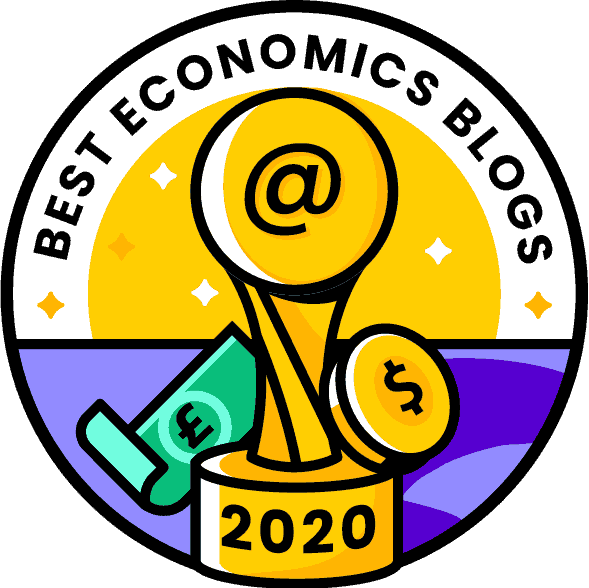Shruti Rajagopalan talks to Peter Boettke in her IdeasofIndia podcast:
In this episode, Shruti speaks with Peter J. Boettke about the writings of F.A. Hayek, why artificial intelligence will not solve the knowledge problem, what many economists throughout history misunderstood about the market process, mainline vs. mainstream economics and much more. Boettke is a Distinguished University Professor of Economics and Philosophy at George Mason University, the BB&T Professor for the Study of Capitalism and the director of the F.A. Hayek Program for Advanced Study in Philosophy, Politics, and Economics at the Mercatus Center at George Mason University. He has written dozens of books, including “The Battle of Ideas: Economics and the Struggle for a Better World,” “The Economic Way of Thinking,” “Living Economics: Yesterday, Today and Tomorrow” and, most recently, “F.A. Hayek: Economics, Political Economy and Social Philosohpy.”
Hayek and knowledge problem:
I want you to explain to most of our listeners, who may not know the main insights of Hayek’s 1937 paper—this is “Economics and Knowledge”—and Hayek’s 1945 paper, “The Use of Knowledge in Society,” and then we can go on to the rest of it.
BOETTKE: Sure. That’s great. Great context too.
‘Economics and Knowledge’
BOETTKE: I think the key insight in Hayek’s 1937 paper, “Economics and Knowledge,” is that the pure logic of choice is a necessary but not sufficient condition to explain the market order. In order to explain the market order, we have to also add in the various different institutional environments within which individuals interact with one another and which they interact with nature, and to see how it is they learn in these alternative environments, how best to coordinate their economic activity with others.
I think it’s a great thing to start with the ’37 paper because that’s where Hayek really starts to articulate his particular understanding of what it is that prices do in an economy. In my own book on Hayek, I try to tell the evolution of Hayekian ideas by an arc of his career. I start with his own beginning, which was on the imputation problem, but carry from that imputation problem, basically, how is it that I value a hog? How the value of a hog is derived from the value of the bacon that consumers use, and that spreads back through the structure of production such that farmers want to maintain the hog, and all those things like that.
That’s how you get the coordination of economic activities through time, and what is the role of prices in the coordination problem because prices are these guides to future action. What is the role of profit-and-loss accounting in being able to lure us into ventures and discipline us from the sad adventures, if we make mistakes or whatever, and that selection process of what’s going on. Hayek’s early part of his career, which includes not only his business cycle theory, which is important to stress—his business cycle theory is a relative price story of the business cycle. It’s a microfoundational story of the business cycle. It’s a price-theoretical rendering of the business cycle.
Then his critique of socialism, which he’s building on Mises, is again a price-theoretical explanation. I think if you look at his essay “A Trend of Economic Thinking” in 1931, you could infer from that that his argument is as follows: If you knew economics, you would know socialism doesn’t work because all good trained economists understand the role of property, prices and profit and loss. That’s 1931. At the same time, he’s very successful in communicating originally his business cycle to the young graduate students and great excitement to the community at the time in the 1930s and his move from Vienna to LSE.
By the mid-1930s, there starts to be rumbling that people are saying, “Oh, I can use the very same neoclassical tools to prove that I could plan the economy.” I think Hayek starts thinking to himself after the “Collectivist Economic Planning” book, which is 1935, “What’s going on here?” These are brilliant people like Abba Lerner, his student, and he’s like, “What’s going on? Why is this happening?” He comes up in the second arc of his career, which is a twofold move, I argue.
One is, is that he thinks there’s some deep philosophical mistake that economists have made, which misconstrues the nature of their science. Then there’s also, because they misconstrued their science, there’s a loss of the institutional foundations. If you go all the way back to Hume, Hume’s argument was that society, to get off the ground, needed to have stability of possession, transference by consent and the keeping of promises. You needed to have property, contract and consent, which is an institutional foundation.
Hmm..
Lots of stuff to think about in the podcast..






